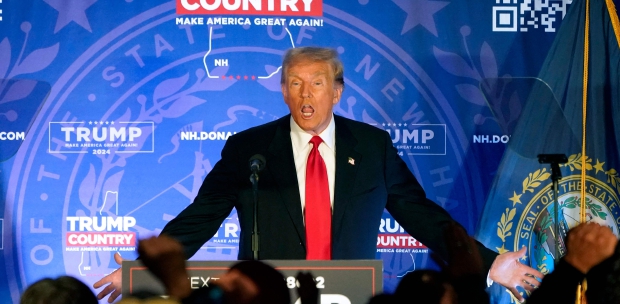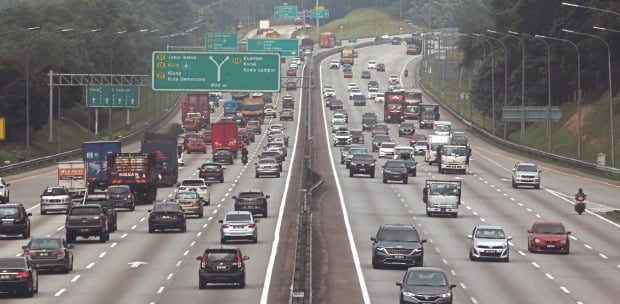MANY resist and fear change. We fear that something happening to us or our surroundings will change our life.
Fear of change can lead to overthinking. We doubt our ability to cope with the challenges that come with change, catastrophes and making mountains out of molehills.
During changes in corporate structure, for instance, people fear the new leadership might remove some individuals.
In politics, we fear that changes by a new leadership or a new party taking over the government will lead to a worsened political climate, causing the economy and business to decline, and our wellbeing to suffer.
The fear and resistance to change is about our attitude to things that are not within our control. We draw lessons from the past, and then measure the present with our experience when change is imminent. We are afraid of what the future brings.
Nevertheless, change proffers hope. Whether it is in our personal life, career, politics or even in a new product, change brings hope of better things to come.
Changes in policies and strategies, for instance, are met with hope and enthusiasm.
But not every change gives rise to hope. A product's popularity, for instance, will initially rise before plateauing. Political parties and politicians may gain popularity in the first five years, but voters will assess them against their election promises.
If they fail to deliver, they will not be returned for another term.
Therefore, it is pertinent for companies and political parties to manage change.
A board of directors changes the management, products and strategies of a company to remain competitive. Political parties make radical changes to retain popularity.
Voters expect wisdom, fairness and courage from political parties making change.
Change is necessary for existence. Without change, we cannot grow, develop, experience, overcome challenges and be motivated. In not wanting to change, we can be crushed by change itself.
Coping with change makes up a good part of how resilient we are.
In his book Homo Deus, Yuval Noah Harari wrote: "People are usually afraid of change because they fear the unknown. But the single greatest constant of history is that everything changes."
When we resist change, we suffer. Suffering is an understandable reaction.
It is understandable because we do not want to lose comfort and safety in a routine, predictable world.
Our brain wants to keep habits and the ability to predict our environment. Fear of the unknown requires us to find a new balance.
One of the uncomfortable questions that appears when change happens is: "What if we can't deal with the new situation?"
Malaysians are caught in confusing times.
Many could not deal with the political ploys resulting in the change of governments over the past four years.
It has been difficult for us to adapt to and accept change as we juggled between the political upheavals and the Covid-19 pandemic.
Change is inevitable in the coming 15th General Election. We pray hard that whoever takes over the country will effect positive change.
Political parties are trying to broker alliances to emerge as victors. We hope the alliances are not marriages of convenience between strange bedfellows.
Shakespeare had seen this phenomenon when he wrote in The Tempest: "Misery acquaints a man with strange bedfellows."
We hope that the forthcoming change is for the betterment of the nation and not plunge us into the throes of misery.
The writer, a former NST journalist, is a film scriptwriter whose penchant is finding new food haunts






